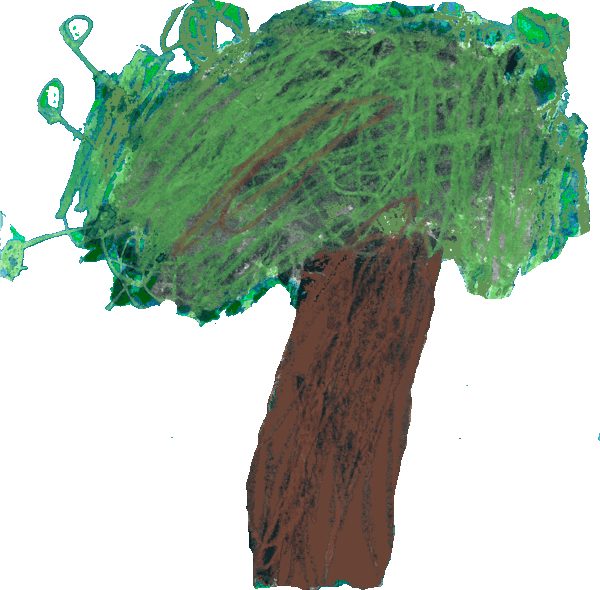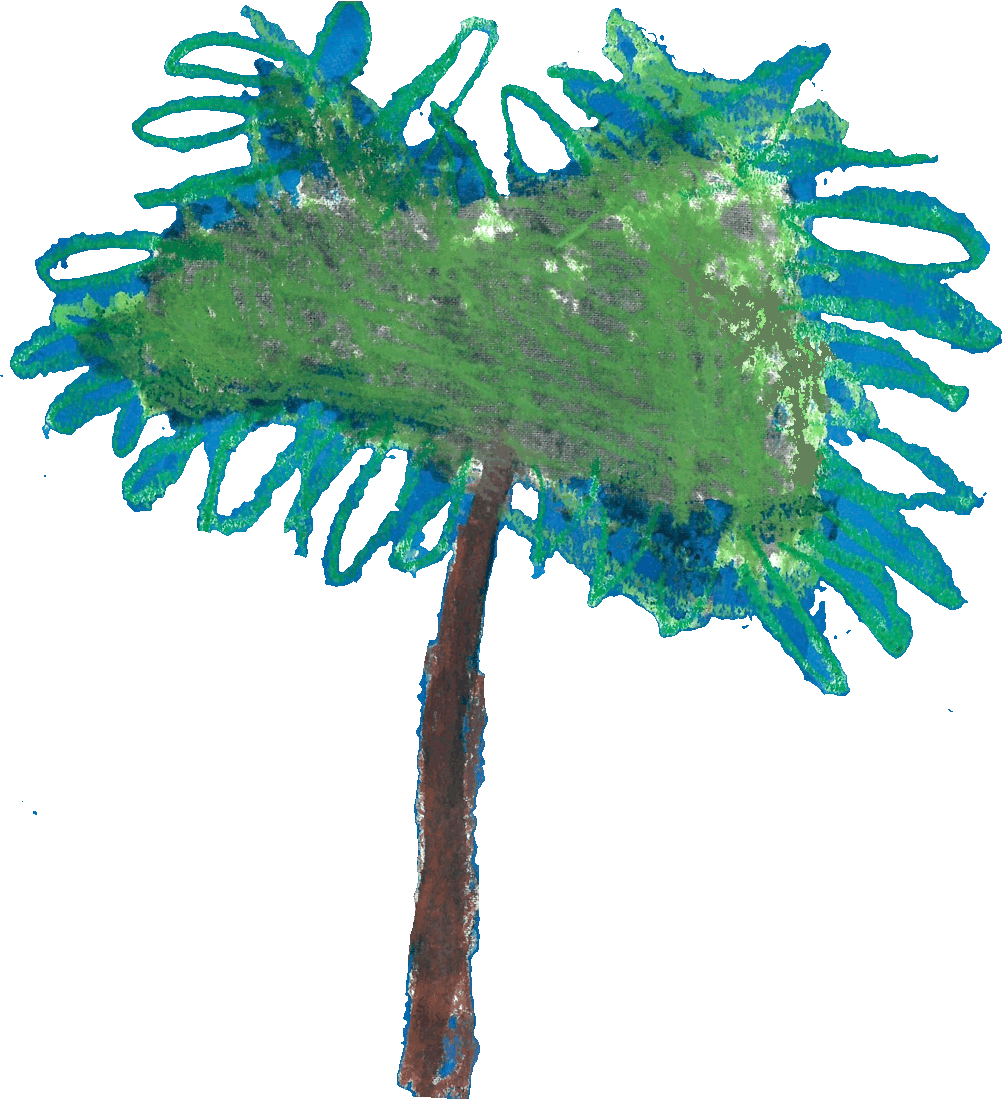

Chelsea Day School










Our children are at the core of the life of the school. Each one is valued as an individual with their own likes and dislikes, points of view, and desires. We approach each child with support as they unfold and tell us who they are.
Play-based learning permeates all aspects of our program. Children play to make sense of their world, to learn about themselves and each other, to develop language, to gain self-confidence and self-control and to understand and express their feelings.
We receive children, listen carefully and support the balance of each child emotionally, socially, cognitively and physically. The curriculum emerges from each of the classroom communities. It is often driven by child-led questioning which makes for a deeper connection to the subject matter with teachers and children working as partners.
Teachers use their knowledge of child development to guide their decisions on how to create an environment that invites rich and meaningful play in the classroom. Children have the opportunity to explore, collaborate and construct meaningful relationships and understandings of the world around them.
Our program provides a strong foundation for our children that will support future academic pursuit and a life time of learning. We hope that our students leave us knowing:
At some point in my career as a parent and educator, someone said to me, “They’re not giving you a hard time. They’re having a hard time.” I am forever grateful for this tidbit of wisdom. If you feel that your child is challenging you, you will push back. If you interpret this behavior as needing something, you will bring him close. Acknowledging the child by saying, “I see you’re having a hard time. How can I help?” builds a foundation of trust, respect and communication that can last a lifetime. It sure beats a time-out. Three-year-olds are all about language and friendships. As a parent, I never experienced the “Terrible Twos,” but my 3-year-old offered surprising challenges. He wanted to know everything.... READ FULL ARTICLE HERE.